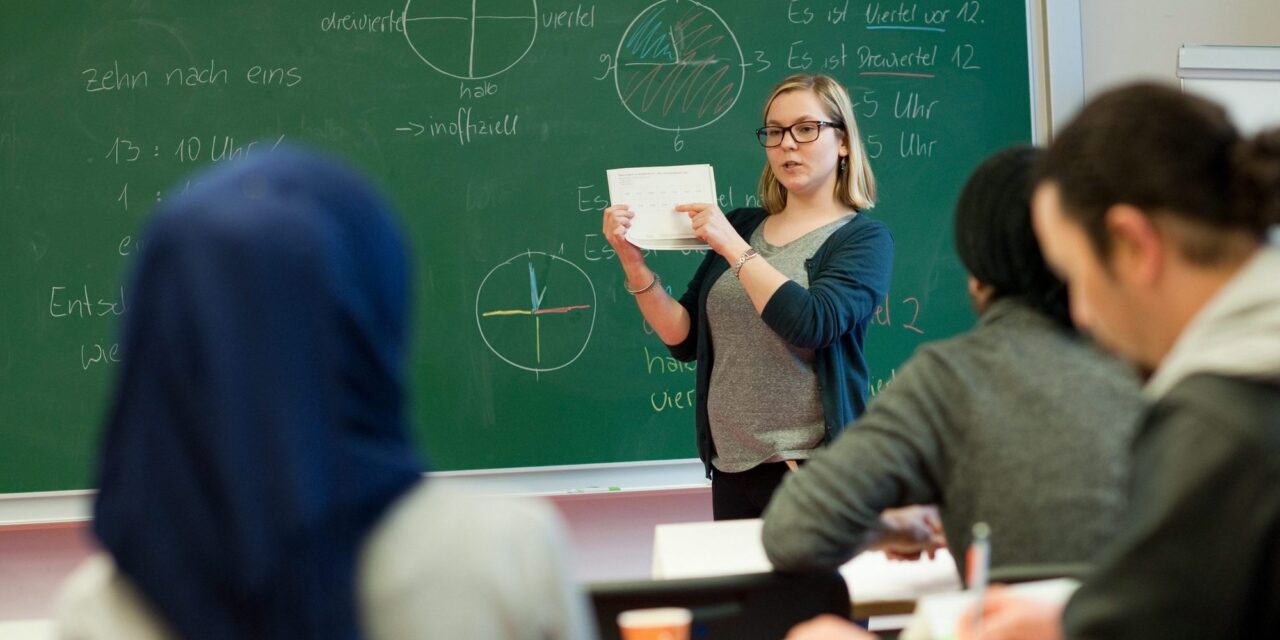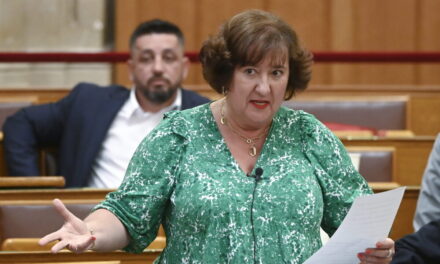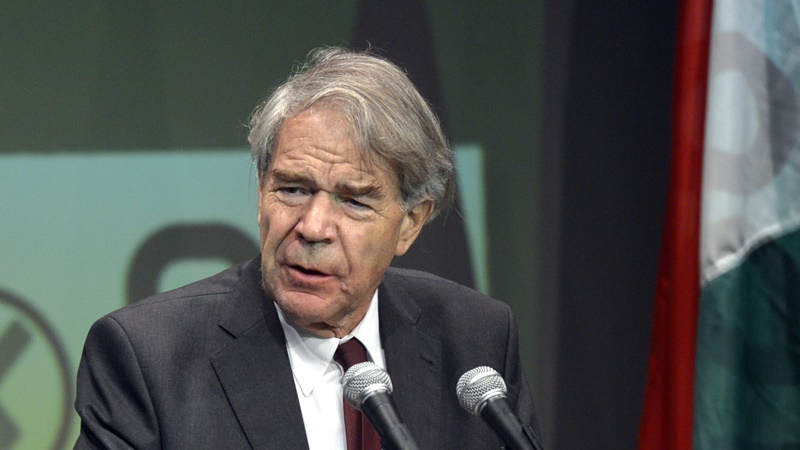Young people are more religious than their grandparents. Religion is a lifeline against loss of orientation, worries about the future, and the "fear of going to hell .
Both teachers and scholars are increasingly concerned about the radical behavior of students on religious issues in Belgium.
"Revival of religion, re-Islamization from below is taking place. This is even more obvious among young people, because they come into contact with education, and schools are increasingly becoming sites of conflict," political scientist and historian Joël Kotek said in a statement to La Dernière Heure. As he said, he noticed that "young people are more religious than their grandparents, and we can see this in the Arab world as well. "This is perhaps related to a kind of disillusionment, to the fact that states like Egypt, Morocco and Israel are having a hard time rebuilding themselves," he added.
According to religious professor and Islamic researcher Radouane Attiya, "many parents are powerless against their children's radicalism," reports the French-language news portal Bladi, which V4na.com .
“You have to look at friendships, social networks and radical imams. Young people are looking for authority, but this can contribute to a kind of division in society and the return of deep religiosity"
says the professor.
A history teacher sees religion as a lifeline for losing her bearings, worries about the future and the "fear of going to hell" . In his opinion, young people are an easily accessible audience, and school is the right place for that.
"Islamist ideology targets schools because the mind is formed there"
- warned Laurence D'Hondt, co-author of the forthcoming book "Allah has nothing to do with the classroom"
Since the murder of Samuel Paty, a history and geography teacher in France who showed a caricature of the Prophet Muhammad in class,
"teaching has become dangerous. Even if we know our students, we feel insecure because we don't know if they would tell their brother, uncle or cousin" if they heard something they didn't like.
said the teacher.
Like him, many teachers are concerned about the radicalization of students in Belgium. "Violent is what we hear sometimes. At the time of the attacks, some students were applauding in class, and I found the name of the Tunisian responsible for the shooting that killed the two Swedes on the blackboard," explained another teacher, adding that some students also support the way the Taliban treat women.
For example, one father called the teacher a racist after she made a comment about his daughter wearing an abaya, which is prohibited by school rules.
"I find myself having to explain how we live in Belgium, which is not my job".
Cover image: Illustration (MTI/EPA/Klaus-Dietmar Gabbert)













